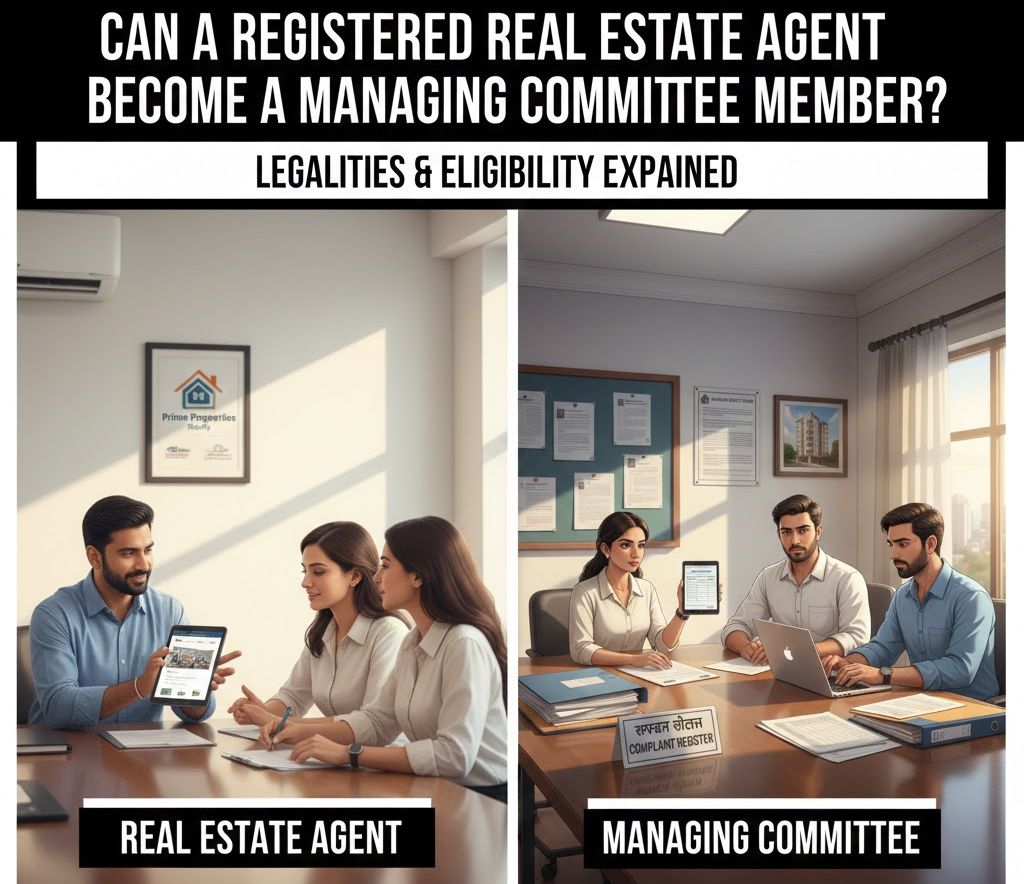Many cooperative housing societies in Maharashtra include cultural or social charges as part of the monthly maintenance bills. These charges often become points of dispute, especially among members who may not participate in such events or who were absent when the charges were approved. Let’s understand the legality, the provisions under model bye-laws, and the rights of members.
Are Cultural and Social Charges Legal?
Yes. A housing society can legally collect cultural and social charges from its members if the general body has approved such levies.
This power arises from:
-
Model Bye-law No. 5, which lists one of the society’s objects as undertaking and providing for social, cultural, and recreational activities for its members.
-
Model Bye-law Nos. 65 to 67, which deal with the composition of the charges levied by a society. Each of these bye-laws mentions “any other charges” the society may levy, subject to approval by the general body.
Hence, cultural and social charges fall under “any other charges” permissible under the bye-laws, provided they are duly approved in the society’s general body meeting.
Are These Charges Compulsory for All Members?
Yes. Once the general body passes a resolution to levy cultural or social charges, they are binding on all members, whether or not they:
-
Participated in the events.
-
Were present during the meeting in which the resolution was passed.
This principle flows from cooperative laws, where decisions of the general body are binding on all members.
What if a Member Was Absent at the General Body Meeting?
Being absent from a general body meeting does not exempt a member from the decisions taken therein.
The Cooperative Department Circular of May 2023 clarifies:
-
Members who do not attend general body meetings cannot subsequently complain to the managing committee about decisions passed in their absence.
-
If a member has grievances regarding such decisions, their remedy lies in approaching the Cooperative Court under the Maharashtra Cooperative Societies Act, 1960.
Hence, absence at the meeting does not provide a legal ground to refuse payment of cultural or social charges.
Can Such Charges Be Challenged?
While societies can levy cultural and social charges, there are legal limits:
-
Charges must be reasonable and not excessive.
-
They must be approved through a valid resolution in the general body.
-
They should not violate any fundamental provisions of the Maharashtra Cooperative Societies Act, 1960.
A member who believes the charges are excessive, discriminatory, or imposed without due process may:
-
First, raise the matter in the subsequent general body meeting and propose a resolution to modify or reduce such charges.
-
If dissatisfied, file a dispute before the Cooperative Court under Section 91 of the Maharashtra Cooperative Societies Act.
Is the Amount Dependent on Number of Occupants?
Model bye-laws generally allocate certain charges (like water charges or service charges) based on the number of occupants or units. However, cultural and social charges are usually levied equally per flat/unit, unless the general body decides otherwise.
Therefore, whether a flat has one occupant or multiple, each flat would typically pay the same cultural and social charges unless the society’s bye-laws or a general body resolution provide a different mechanism.
Key Takeaways
-
Housing societies can legally levy cultural and social charges under the model bye-laws if approved by the general body.
-
Such charges are binding on all members, including those who were absent from the meeting.
-
Members can challenge such charges only in the Cooperative Court if they believe the charges are unreasonable or imposed without authority.
It’s wise for societies to maintain transparency and communicate clearly with members about the purpose and amount of such charges to avoid disputes.






